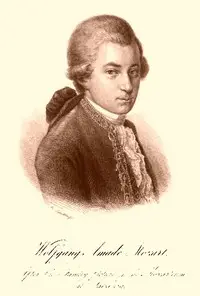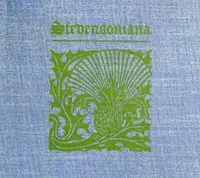"My Life — Volume 2" by Richard Wagner is a personal account that gives a close look at the author's life during the 1850s. The memoir explores his hard times, dreaming big as an artist, and problems at home. It starts with Wagner and his wife, Minna, going back to Zurich and settling down in a simple home. The story points out the problems in their marriage, made worse by disagreements about Minna's feelings toward Nathalie, who Wagner says is his stepdaughter. Wagner also thinks about his friendships, like the one with a young man named Karl Ritter, who wants to be a musician, showing his support and guidance in music while dealing with personal problems. Through these stories, readers understand Wagner's strong desire to create art, the difficulties in his family life, and the important friendships that shape his music.
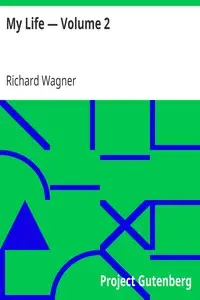
My Life — Volume 2
By Richard Wagner
Amidst personal battles and family challenges, a brilliant composer seeks artistic fulfillment while mentoring a young musician.
Summary
About the AuthorWilhelm Richard Wagner was a German composer, theatre director, polemicist, and conductor who is chiefly known for his operas. Unlike most opera composers, Wagner wrote both the libretto and the music for each of his stage works. Initially establishing his reputation as a composer of works in the romantic vein of Carl Maria von Weber and Giacomo Meyerbeer, Wagner revolutionised opera through his concept of the Gesamtkunstwerk, by which he sought to synthesise the poetic, visual, musical and dramatic arts, with music subsidiary to drama. He described this vision in a series of essays published between 1849 and 1852. Wagner realised these ideas most fully in the first half of the four-opera cycle Der Ring des Nibelungen.
Wilhelm Richard Wagner was a German composer, theatre director, polemicist, and conductor who is chiefly known for his operas. Unlike most opera composers, Wagner wrote both the libretto and the music for each of his stage works. Initially establishing his reputation as a composer of works in the romantic vein of Carl Maria von Weber and Giacomo Meyerbeer, Wagner revolutionised opera through his concept of the Gesamtkunstwerk, by which he sought to synthesise the poetic, visual, musical and dramatic arts, with music subsidiary to drama. He described this vision in a series of essays published between 1849 and 1852. Wagner realised these ideas most fully in the first half of the four-opera cycle Der Ring des Nibelungen.


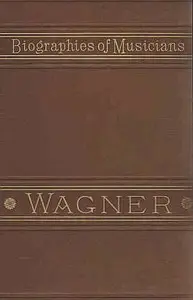
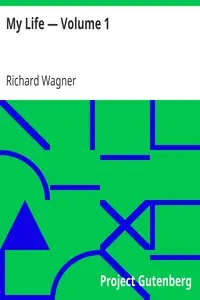
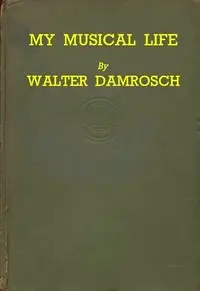
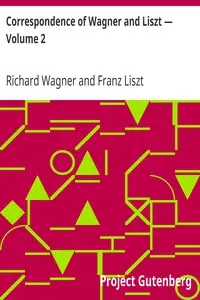
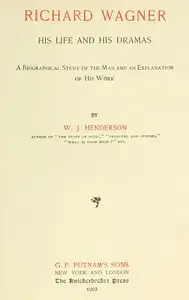
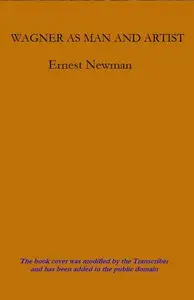
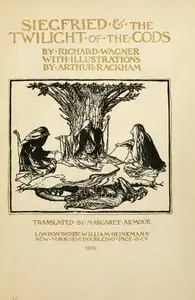
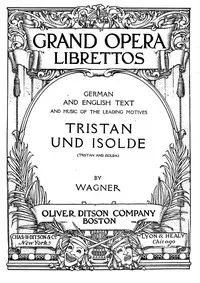
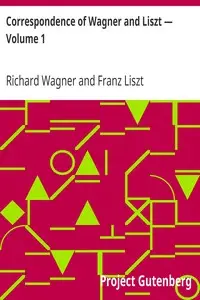
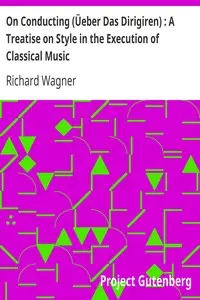


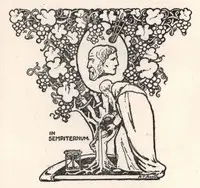
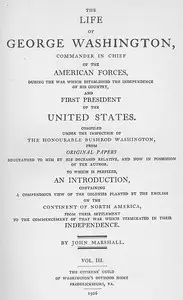
![Shakspeare and His Times [Vol. 2 of 2]
Including the Biography of the Poet; criticisms on his genius and writings; a new chronology of his plays; a disquisition on the on the object of his sonnets; and a history of the manners, customs, and amusements, superstitions, poetry, and elegant literature of his age by Nathan Drake](https://cdn.a2-host.cloud/W3hid7AyfCNcU1_21LXaIh4tCDxp2p5MK1oD4SrcWAY/rs:fill:215:325:0/g:ce/aHR0cHM6Ly9zcC1hc3NldHMuczMudXMtd2VzdC0wMDQuYmFja2JsYXplYjIuY29tL2Jvb2svNTM2MjYvU2hha3NwZWFyZV9hbmRfSGlzX1RpbWVzX1ZvbF8yX29mXzJfSW5jbHVkaW5nX3RoZV9CaW9ncmFwaHlfb2ZfdGhlX1BvZXRfY3JpdGljaXNtc19vbl9oaXNfZ2VuaXVzX2FuZF93cml0aW5nc19hX25ld19jaHJvbm9sb2d5X29mX2hpc19wbGF5c19hX2Rpc3F1aXNpdGlvbl9vbl90aGVfb25fdGhlX29iamVjdF9vZl9oaXNfc29ubmV0c19hbmRfYV9oaXN0b3J5X29mX3RoZV9tYW5uZXJzX2N1c3RvbXNfYW5kX2FtdXNlbWVudHNfc3VwZXJzdGl0aW9uc19wb2V0cnlfYW5kX2VsZWdhbnRfbGl0ZXJhdHVyZV9vZl9oaXNfYWdlX2NvdmVyLmpwZw.webp)
